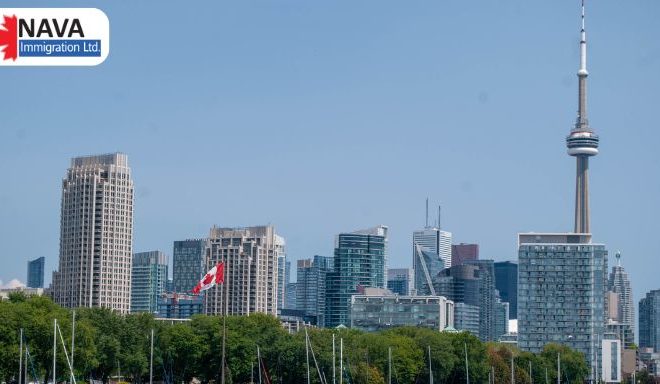IRCC’s Effort to Prove International Students’ Letters of Acceptance
Canadian immigration department called IRCC has undertaken one of its measures to strengthen and sustain Canada’s international student program’s integrity. Specifically, here’s the first IRCC’s effort to prove international students’ letters of acceptance (LOAs).
Under this measure, IRCC has introduced an online portal for Designated Learning Institutions (DLIs) to verify international students’ letters of acceptance (LOAs) that they submit to support their student visa application. DLIs are the specific schools in Canada authorized to accept international students.
IRCC’s Effort to Prove International Students’ Letters of Acceptance
As per this new system, DLIs will now be required to confirm student’s letters of acceptance (LOAs) they submit through an online portal that only their IRCC’s representative(s) will have access to. In order to verify students’ LOAs, schools will now have a maximum of 10 calendar days.
If a DLI cannot confirm a student’s LOA within the specified time or finds it fake, the candidate’s application for a student visa will be canceled and returned to the applicant, along with the fees paid.
It’s important to note that DLIs will not be able to validate LOAs once the verification deadline has passed.
These recent adjustments are in response to several previous misuses of Canada’s international student system. For instance, last year’s high-profile case caused almost deportation of around 700 Indian students who were scammed into traveling to the country on the basis of false acceptance letters that fraudulent immigration consultants created.
Additional details on the new process DLIs require to verify LOAs are available on the government’s website.
The Trusted Institutions Framework for DLIs
The immigration department, IRCC, also suggested a new system for DLIs this year, which is termed the “Trusted Institutions Framework.” This new policy includes the implementation of a two-tiered system to issue study permits, similar to the one described above.
Moreover, the trusted institutions listed in this framework are going to benefit from this status in several ways. This also includes the rapid processing of study permits.
Although not much detail about this framework’s function is yet to be revealed, it is expected that IRCC will implement it in the fall of 2024.
The department has repeatedly stated this year that preserving the integrity of Canada’s international student program is a top priority.
The department has suggested that it may even think about limiting the total number of student visas. This will ensure that DLIs can provide enough assistance for international student’s academic experience.
Additional Expected Changes in 2024
For Canada’s international student program, 2024 is going to be a big year. This is because IRCC will implement multiple notable changes throughout the year.
In particular, the department will\enforce the following changes in 2024:
- Raise the cost-of-living requirement for international students by $10,000 CAD;
- For international students, re-evaluate the 20-hour work limit;
- Stop the facilitative measure that permits international students to calculate time spent abroad toward their Post-Graduation Work Permit (PGWP) and
- Implement new adjustments to the PGWP program.
Furthermore, IRCC has also indicated its goal to integrate international student enrollment and PGWP allotments with the demographic and labor market needs.
In general, 2024 is projected to bring significant changes as Canada prepares to house roughly a million international students in the following year.





